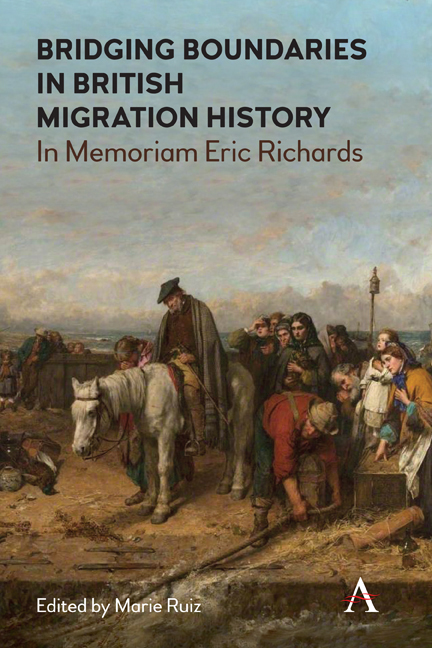Chapter 8 - ‘Empire Made Me?’ English Lower-Middle-Class Migrants and Expatriates, 1860–1930
Published online by Cambridge University Press: 20 January 2022
Summary
In 1898, Sidney Webb characterized the Australian population: ‘all of them gambling profit-makers, keen on realizing the Individualist ideals of the lower Middle-Class of 1840–1870’. In the same year, Beatrice Webb described Sydney more pointedly: ‘seemingly inhabited by a lower middle-class population suddenly enriched; aggressive in manners and blatant in dress’. Unlike Beatrice, Sidney did not expand on the identity of these gambling profitmakers, who had not necessarily been lower-middle-class at the time of their migration. They might have been the highly varied mixture of gold rush pioneers of the 1850s and their socially mobile progeny; they might have been upwardly aspiring tradesmen like the ivory turner Henry Parkes, who emigrated to Sydney in 1839, pursued self-improvement rigorously, in part through the agency of mechanics institutes, and rose to be Premier of New South Wales and the ‘father of federation’. Or they could have been, as Beatrice hinted, the British lower-middle-classes themselves, from shopkeepers to white-collar workers, the much-satirized clerks of Mr Pooter fame, all transformed by the act of migration.
Migrants, and shorter-term expatriates, came from all these subgroups, but I will focus here mainly on the male white-collar workers, especially clerks, a precarious and vulnerable social grouping, financially marginal, with respectable middle-class aspirations, but anxious of sinking into an underclass, and thus losing their prized respectability. All this made them prime candidates for seeking better fortunes abroad, mostly through migration, but others as expatriates, hoping to gain opportunities afforded by Empire and beyond. In the history of the British World, of migrants and expatriates, these men have had a fleeting presence. As migrants they are occasionally acknowledged as individual illustrations of the migrant experience, and certainly were encompassed in Eric Richards's insistence on the ‘sheer diversity and heterogeneity’ of British migration. Lower-middle-class expatriates also appear in more specialist occupational groupings such as missionaries, and Robert Bickers, discussed below, has illuminated the wider phenomenon with his study of an English policeman in Shanghai between the wars. But, to date, lower-middle-class migration and expatriation has had little in the way of explicit focus.
- Type
- Chapter
- Information
- Bridging Boundaries in British Migration HistoryIn Memoriam Eric Richards, pp. 159 - 176Publisher: Anthem PressPrint publication year: 2020

